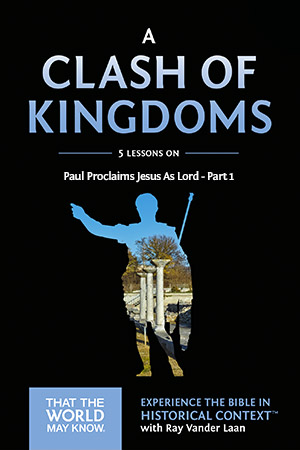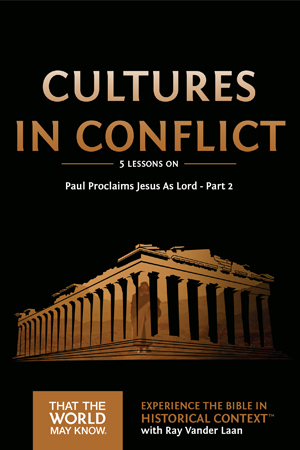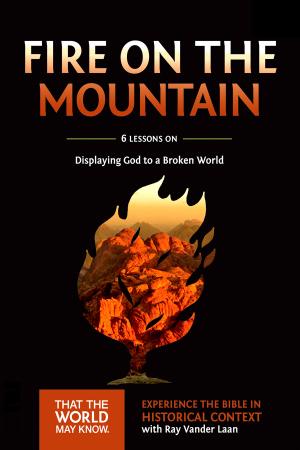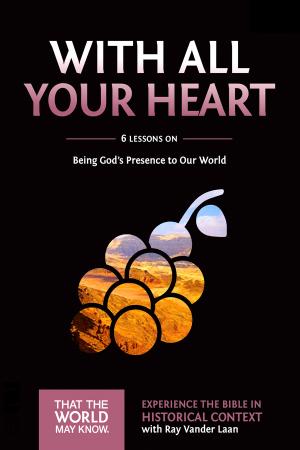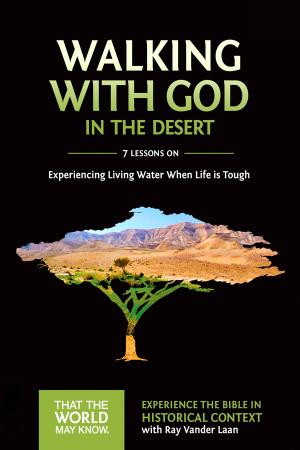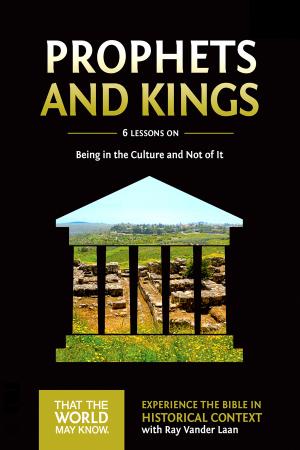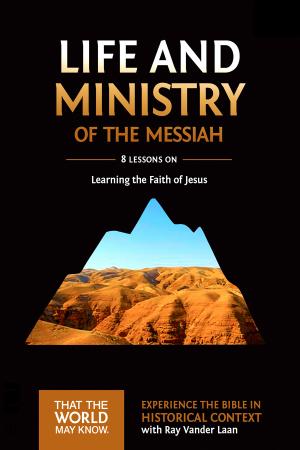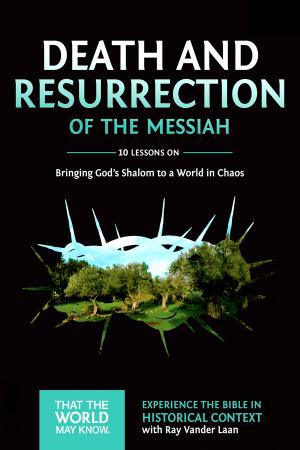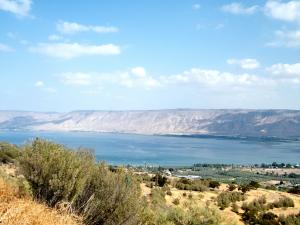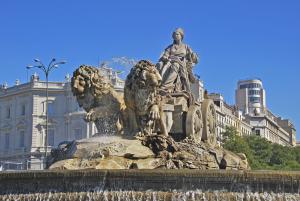
(plural- Galli) - Priests of Cybele and Attis.

Gamla is often called the "Masada" of the north because of the siege and fall of the town to the Romans during the Jewish Revolts. The city was originally settled by a group of Jews returning from captivity around 150 BC.The city is loca...

The Zealots were part of a movement completely devoted to serving God. They believed it was impossible to serve the pagan Romans while also being faithful to the law of God. They resisted Rome and anyone who sided with the Roman rulers, often with...

Aramic, meaning "camel," because from a distance this ridge in the Golan Heights (Gaulanitis) looks like a camel's hump. Located north and east of the Sea of Galilee. Home to nationalistic Pharisees (Zealots) who sought deliverance from ...

Garden; or terraced hillside, sometimes containing a number of different fruit trees like olive, fig, and grape.

Olive (shemen) press (gat) From which we get the term "gethsemene."

Hades, originally the Greek god of the underworld, is the namesake for the place where departed spirits live. It was frequently used in the Bible as a synonym for hell or the grave (Psalm 9:17; 55:15; 116:3).As Jesus used it in Matthew 16:18, Hade...

City of PagansCaesarea Philippi, which stood in a lush area near the foot of Mount Hermon, was a city dominated by immoral activities and pagan worship.Caesarea Philippi stood only twenty-five miles from the religious communities of Galilee. But t...

One of the five Philistine city-states. Goliath was born here.
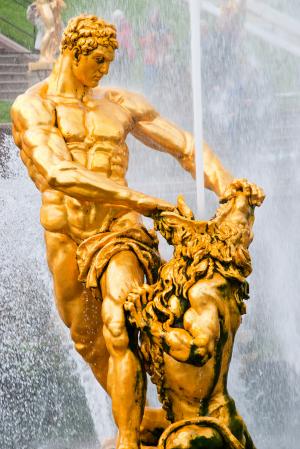
One of the five Philistine city-states. Samsom was born here.

A Picture of HellGehenna
A sewer channel commonly ran under the streets of ancient cities. It traveled through the city gate and emptied into a nearby valley. Though the channels were probably used to drain rainwater from the towns, people also us...

Valley to the west of Jerusalem that was at one time the city sewage dump and the place where Judean kings sacrificed their children. This valley, with its filth, rottenness, and burning flesh, came to symbolize hell.

See Sea of Galilee.

Means "nations." A Gentile is any one who is not a Jew. God's plan of salvation begins with the chosen nation of Israel, and then moves to include all the nations of the earth.

This olive press is in the Capernaum, Jesus' home-base (Matt. 4:13), near the synagogue. The crushed olive pulp was placed in baskets (about four inches thick and two feet in diameter), which were then stacked several high. These baskets are barel...

The word gethsemane is derived from two Hebrew words: gat, which means "a place for pressing oil (or wine)" and shemanim, which means "oils."During Jesus' time, heavy stone slabs were lowered onto olives that had already been c...

The word gethsemane is derived from two Hebrew words: gat, which means "a place for pressing oil (or wine)", and shemanim, which means "oils." During Jesus' time, heavy stone slabs were lowered onto olives that had already been...

This press was located in a building, not a cave. The pulp from the crusher was put in baskets and placed on the stone base under the large limestone pillar. Note the groove around the outside, which channeled the oil into the pit just to the left...

Gezer stands to the east of Israel's coastal plain, a fertile stretch of land that lines the Mediterranean Sea. To the east are foothills, called the Shephelah, beyond which lie the Judean mountains and the Arabian Desert. Only fifteen miles away ...
